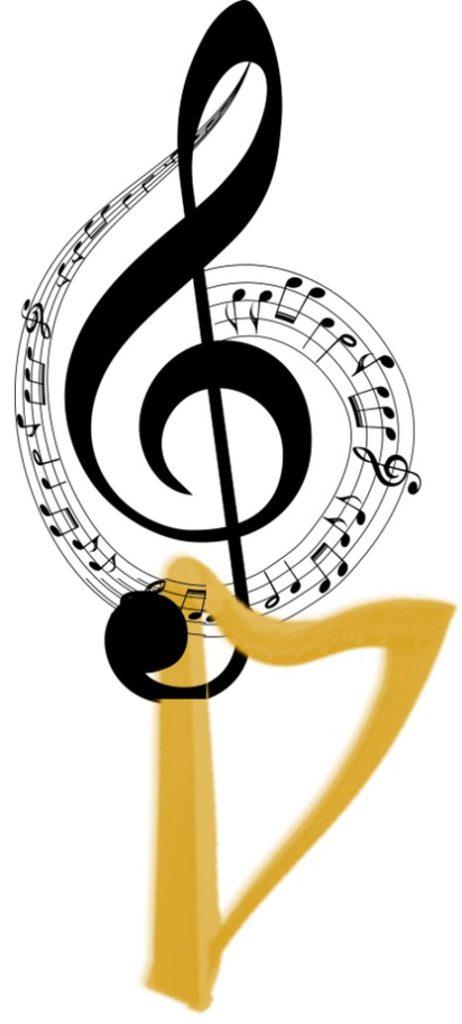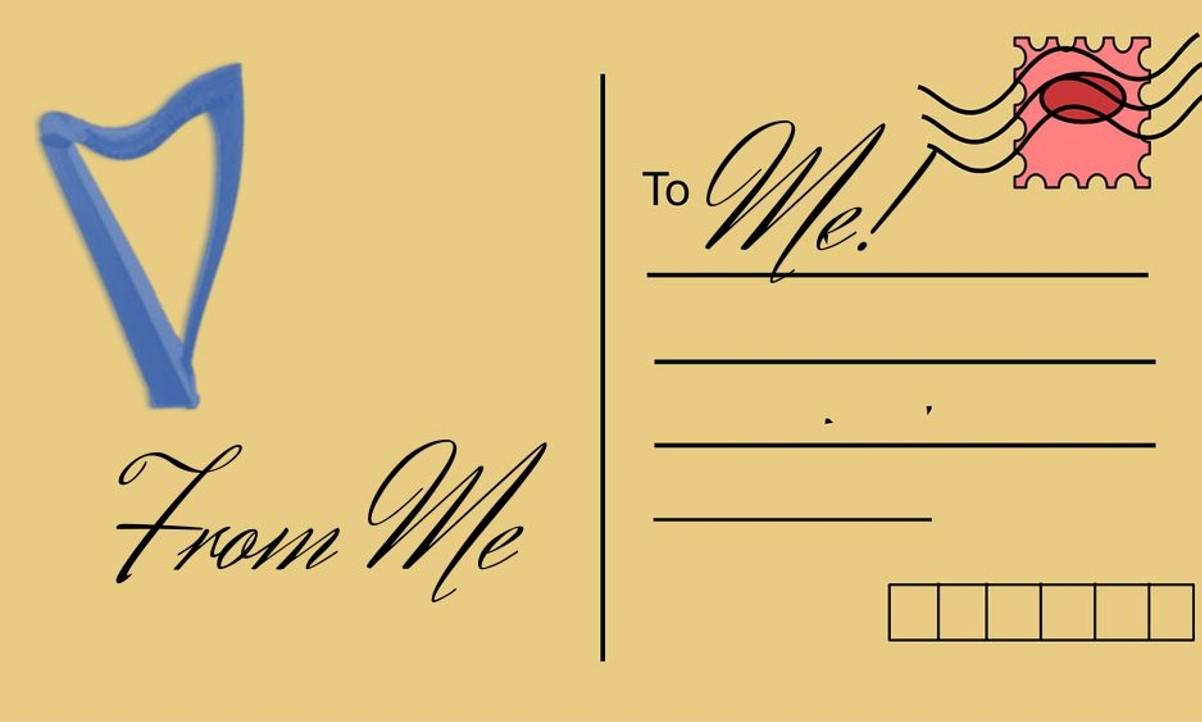Practice Hacks
Everyone is passing along hacks for everything that happens in life. Whether it’s a no-brainer like putting a paperclip under the tape so you can find the end the next time or a head scratcher like using Doritos as kindling when you need to start a fire (think that one all the way through), hacks are advertised as little things that make life easier (and the implication is that you should have thought of it already). By extension, they make you smarter (for doing the weird easy thing).
There are even people talking about Practice Hacks. But here’s the thing –
There are no practice hacks!
Yup, I said it. There are no practice hacks.
Wait, before you become forlorn because I’m not going to give you cheap and easy ways to improve your practice, and before you start looking for ways to prove I’m wrong…
While there are no practice hacks, there are a number of ways to make your practice better! These are all easy and cheap (or free). And nothing I’m about to reveal should be a surprise!
What are these mysterious methods that aren’t hacks? How do you make your practice better? Here are a few things you can do/try/add to your daily practice:
- Think – Structure your practice time so you spend a little bit of time thinking about what you want to do, what you need to do, and what you left to do from the last time before you actually start to work.
- Plan – Based on your thinking, plan what you are going to do while you practice. Don’t leave it to chance.
- Write – A practice journal in some form allows you keep track of what you have done, how it went, what you should do next, questions to ask at your lesson, and any other thoughts you have during your practice. This really is just for you so feel free to write anything you like here.
- Listen – When I first started playing, I was working so hard to play the notes that I didn’t actually hear them! I had to learn to listen while I play – and you can learn that too. Sometimes when I practice, I focus on making the sounds and sometimes I set aside time to focus on listening so I can hear what I’m doing. If you find you run out of brain space before you get to listening, then use your phone to record and listen to it separately – you’ll be amazed by what you learn!
- Be present – Practice is often painted as drudgery. But really, your practice time is time you’re spending on you with you. And you deserve it. So be there for you. Put your phone away, turn off the tv, close the door, and be present for yourself.
- Be prepared – If at all possible, have your instrument ready – out of the case and in front of the bench. It is always amazing to me how off-putting the harp can be if it’s enrobed in its case! Also, have your journal, some pencils, pens, and post-its at the ready. Make your tea ahead of time. Preparedness is not just for Boy Scouts and the Coast Guard!
- Be (time) Wise – Don’t think you must have 2 hours every day to make progress. Even if you only have 10 minutes here or there – those 10 minutes can add up. And on “those” days if all you get is 10 minutes – use it! Don’t talk yourself out of practicing because you don’t have a long stretch of time available. By the same token, don’t write off an entire week because you missed a day or two. Although we think about time in days, weeks, and months, these are artificial constructs. In this case those constructs are not helpful. The reality is that time is continuous – so you can continue too!
- Chill – It is easy to get caught up in comparisons. Everyone you know has already learned that tune. Or everyone is playing it way faster than you can. Or you have a simple arrangement, but everyone else’s is complicated. Chill – it’s not a race! You do your thing, enjoy the successes of others, and play!
- Actually Practice – Practicing can encompass a lot of things, but the one thing it must include is that it is a time to knuckle under and do work. Focus and pay attention and do the things you need to do. As mentioned above – it is time you are investing in you, so make it worth your while!
Like I said, there are no hacks. There are no short cuts. There are no ways to avoid the work. But there are ways to use your practice time well and make progress – but you probably already knew that! What are your “practice hacks”? I’d love to hear – let me know in the comments!




